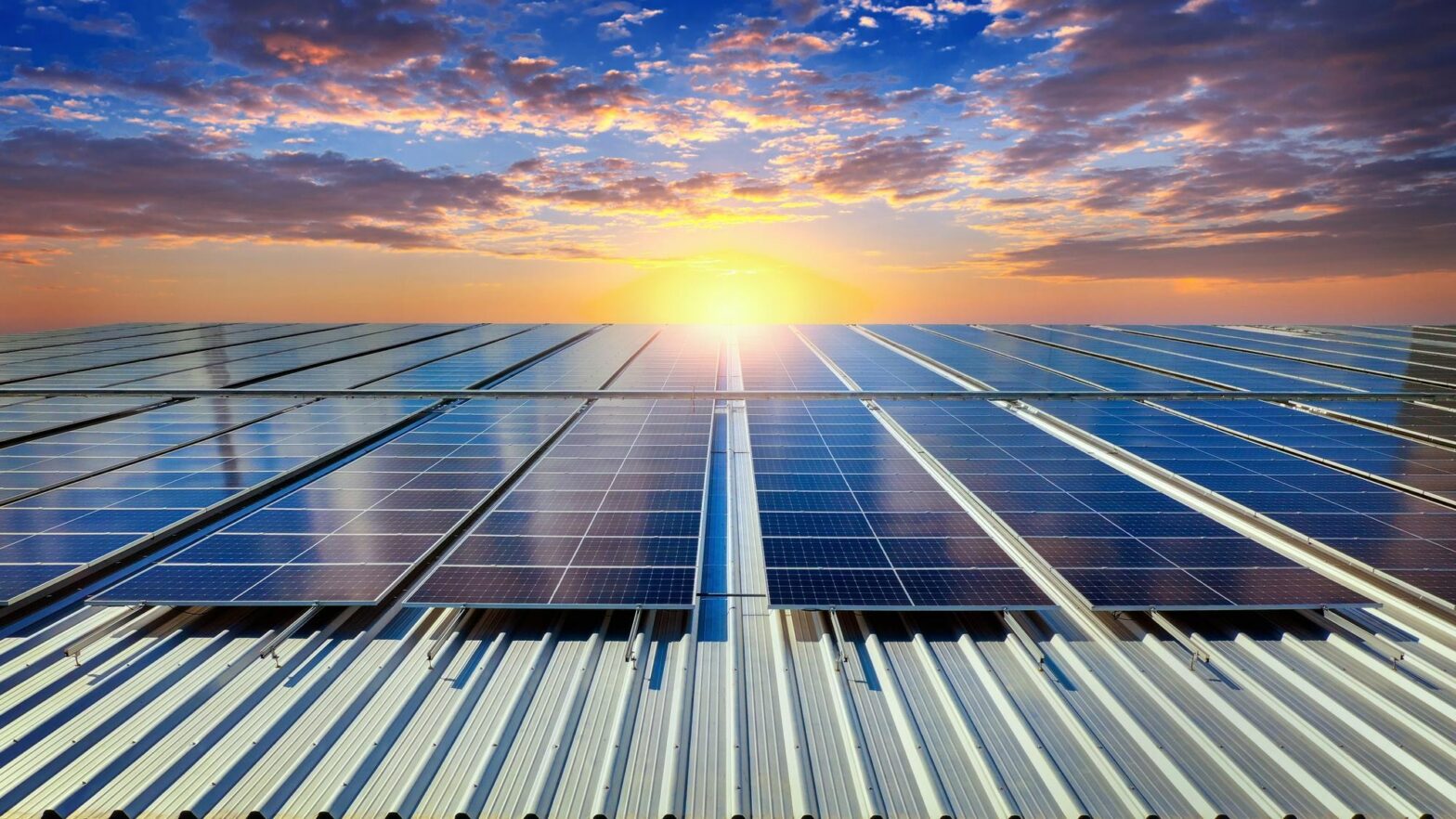Advantages and Disadvantages of Solar Energy

Do you know? India receives close to 5,000 trillion kWh of solar energy each year. Even a small fraction of it can meet the total energy requirements of the country! As India seeks to manage its increasing electricity requirements and meet its goals for greenhouse emissions, it is important to think about both incentives and drawbacks of solar energy merits and demerits. In this article, we will discuss advantages and disadvantages list-wise, so you can decide if solar works for you. You can also avail Solar Panel for Housing Society With Zero Installation Cost through NoBrokerHood.
What are the Advantages and Disadvantages of Solar Energy?
Here are some solar energy advantages and disadvantages.
Advantages of Solar Energy
Here are the major solar energy advantages list wise:
| Advantages | Description |
| Renewable Energy Source | Solar energy will never run out; solar energy is abundant and every day. |
| Reduces Electricity Bills | Of which there are significant reductions and possibly even completely eliminate power bills. |
| Environmentally Friendly | Reduce carbon footprint and greenhouse gas emissions. |
| Low Maintenance Costs | Solar panels require practically no maintenance, and have up to thirty year life expectancy. |
| Energy Independence | You will need less grid electricity and fossil fuels from electric companies. |
| Increases Property Value | Properties presented with solar energy systems are very attractive to buyers. |
| Supports Remote Access | Provides electrical power supports convenience and product reliability in remote or off-grid locations. |
| Scalable and Versatile | Residential, commercial, or industrial can all have solar on whatever scale works for you. |
Disadvantages of Solar Energy?
Here are the major solar energy disadvantages list wise:
| Disadvantages | Description |
| Weather Dependent | In cloudy or rainy weather energy production falls, and at night solar doesn’t work. |
| High Initial Cost | Solar panel and system installation can be costly. |
| Requires Space | You need enough roof or land area to get enough power from solar energy. |
| Energy Storage is Costly | Batteries to store your solar energy when it is not sunny can be expensive. |
| Limited Efficiency | Typical solar panel efficiency is 15%–22%. This is not very efficient. |
| Location Dependent | Effectiveness varies based on geographic and location in relation to sunlight. |
| Manufacturing Impact | Making panels with rare components and energy intensive. |
| Maintenance in Dusty Areas | In areas with lots of dust there will be cleaning to maintain efficiency. |
How Does Solar Energy Work?
Solar Energy works through a dedicated process. The sunlight is transformed into electricity by solar energy through photovoltaic (PV) panels. When sunlight contains photons hits the crystalline silicon cells in the photovoltaic (PV) panels, it moves the electrons, which creates an electric current. There are also solar thermal systems that convert sunlight to heat. When evaluating solar power energy pros and cons it’s important to understand the technologies related to solar.
What is the Future of Solar Energy?
As per the National Institute of Solar Energy, if 3% of the wasteland in India is covered by solar panels, it will lead to a solar power capacity of 748 GW. As of August 2024, India’s solar power capacity stood at 89.4 GW.
Most places in India receive 4-7 kWh of solar energy per square metre daily. However, acquiring land for installing the solar panels can be a challenging task. A solar park can harm the livelihood of local people and disturb the flora and fauna. The social, economic, and environmental aspects are among the major solar panel advantages and disadvantages of solar energy.
Solar energy is energy that is harnessed from sunlight. The most common form of solar energy is electricity. Solar electricity is generated when sunlight is incident on photovoltaic (PV) panels. While sunlight is made of photons, PV panels are typically made of crystalline silicon cells.
When the photons in the sunlight strike the electrons in solar cells, the electrons start flowing and solar electricity is generated. When you consider solar energy advantages and disadvantages, you must note that solar electricity can also be generated by converting sunlight into heat.
Solar Energy Solutions by NoBrokerHood
NoBrokerHood enables solar panels for housing societies to make the switch through careful partnerships with trusted vendors with full support from installation to maintenance and smart integrations for monitoring energy. They provide an accounting system for solar expenses and earnings, resident engagement for keeping the resident community informed and engaged, maintenance scheduling, guide to solar panel subsidies, and performance reporting, enabling a housing society to transition to solar effortlessly, with transparency, and appropriate cost.
FAQ’s
1. Who Should Install a Solar System?
From individuals and businesses interested in reducing their bills to large companies looking to earn revenue by selling solar power to DISCOMs, anybody with the means to install a solar system would benefit from it.
2. Is it Worth Investing in a Solar System?
You must have a long-term vision for installing a solar system. Ultimately, you must evaluate your own needs and capabilities to judge how much you will benefit from a solar system. A thorough understanding of solar panel disadvantages and advantages is critical to make the right decision
3. Will a solar system generate electricity in the rainy season?
In the rainy season, the power output will be reduced due to lower sunlight because of the clouds.
4. What are the advantages and disadvantages of solar panels?
Solar panels’ major advantage is their low maintenance cost, followed by improvements in technology, power, and efficiency. The cost of installation, installation difficulties, and space constraints are some of the major disadvantages of solar panels.